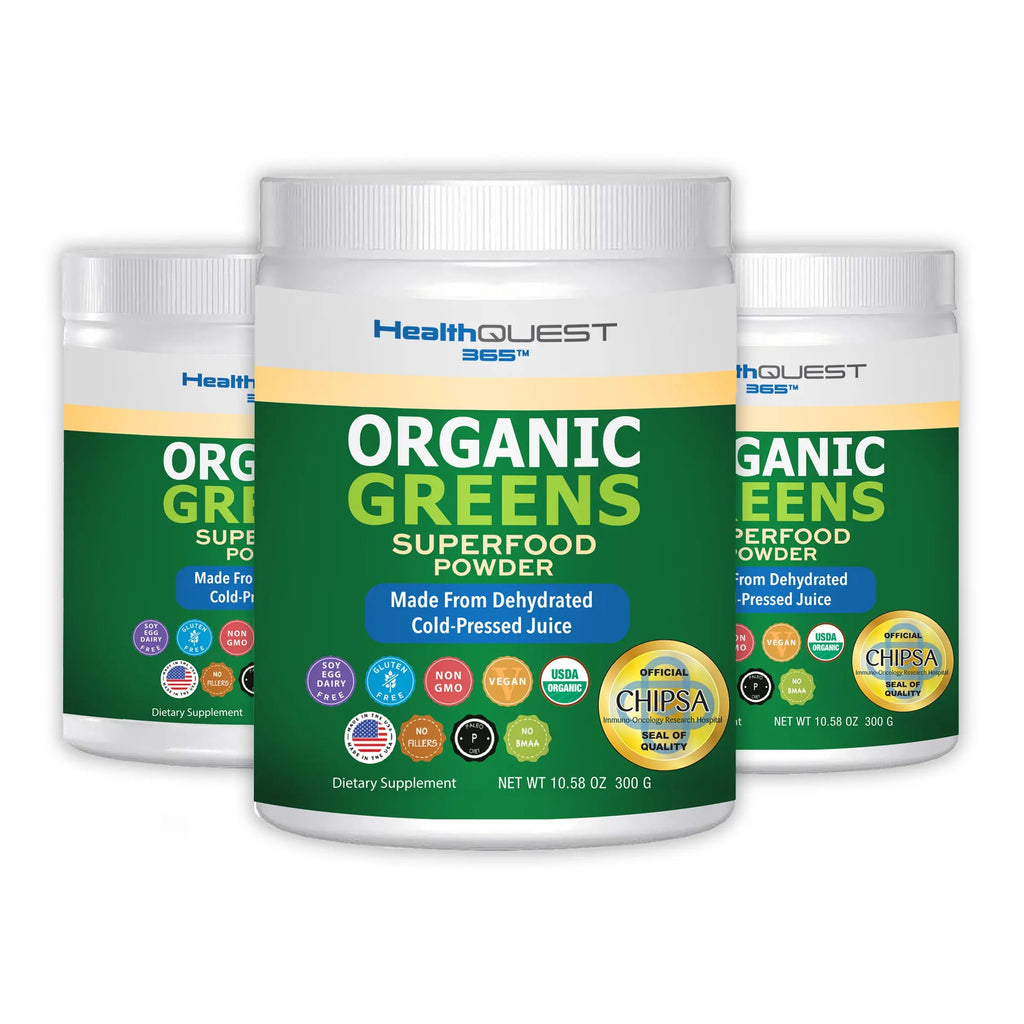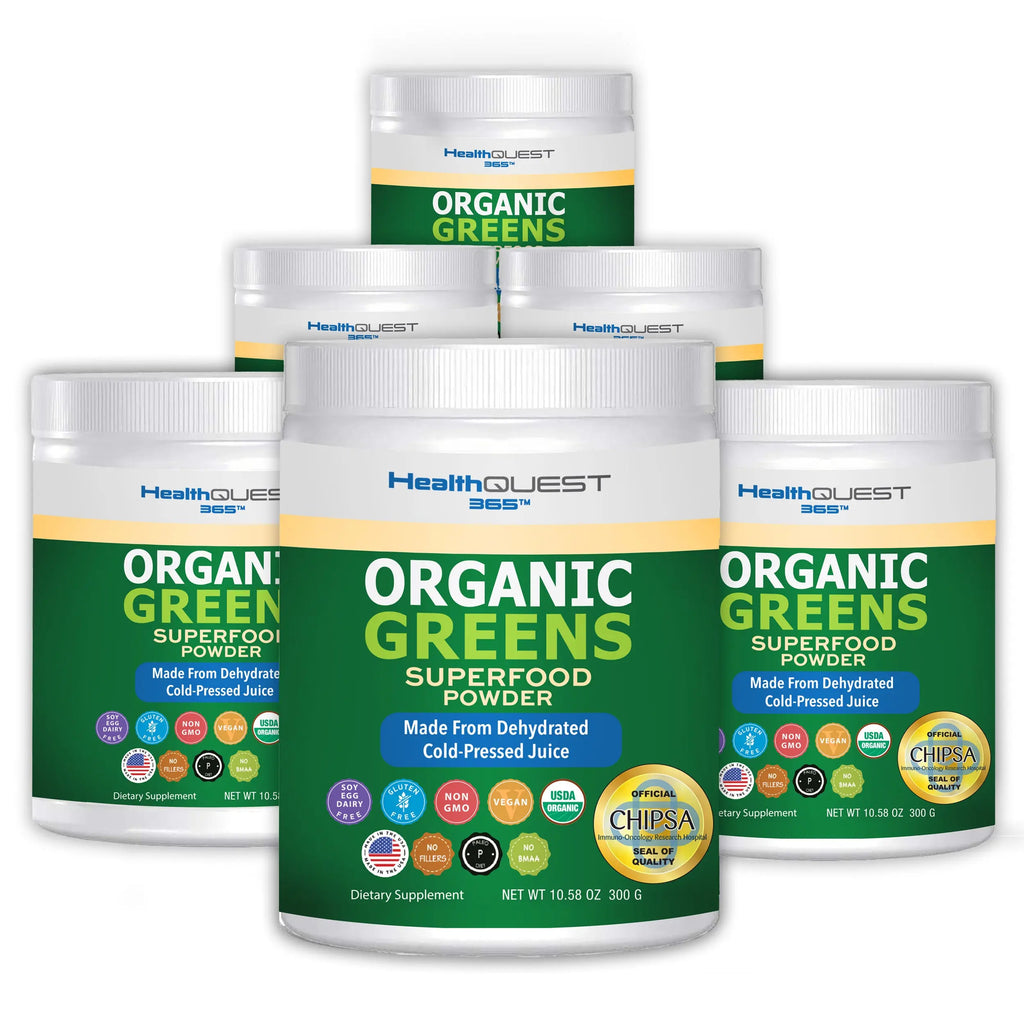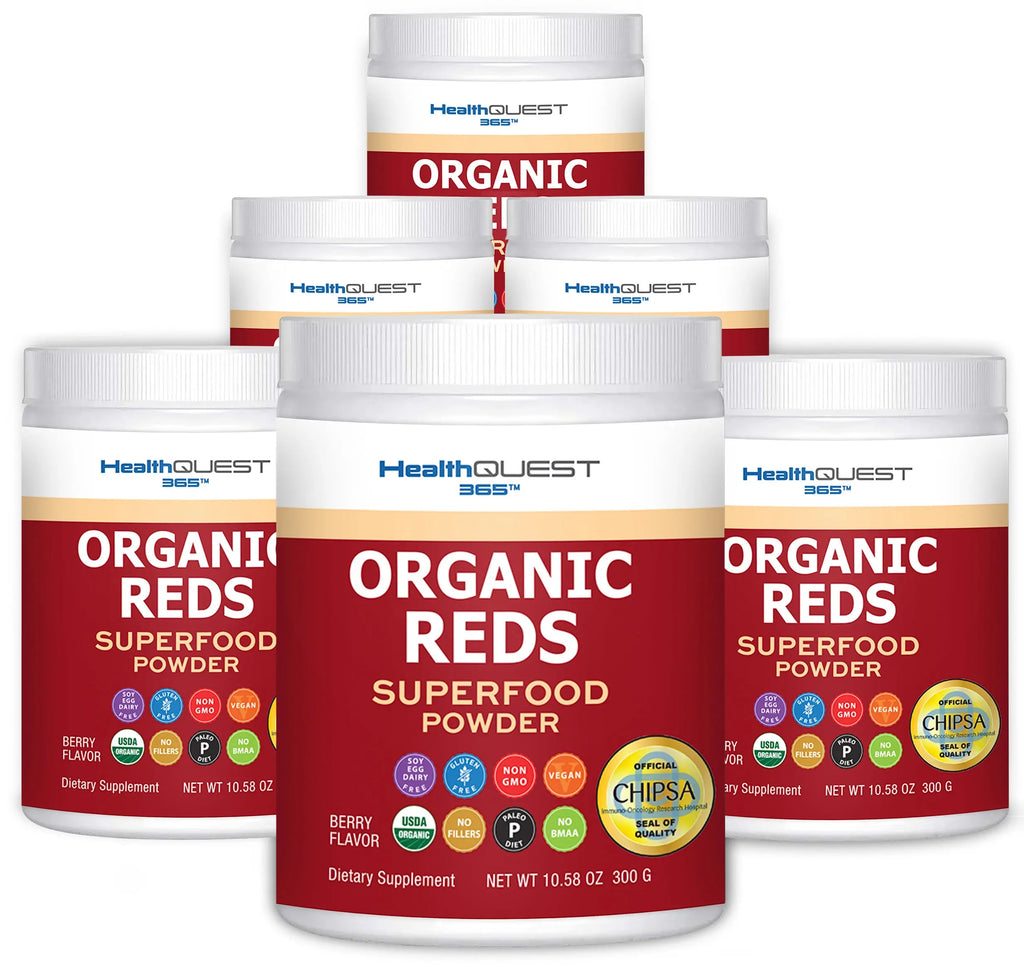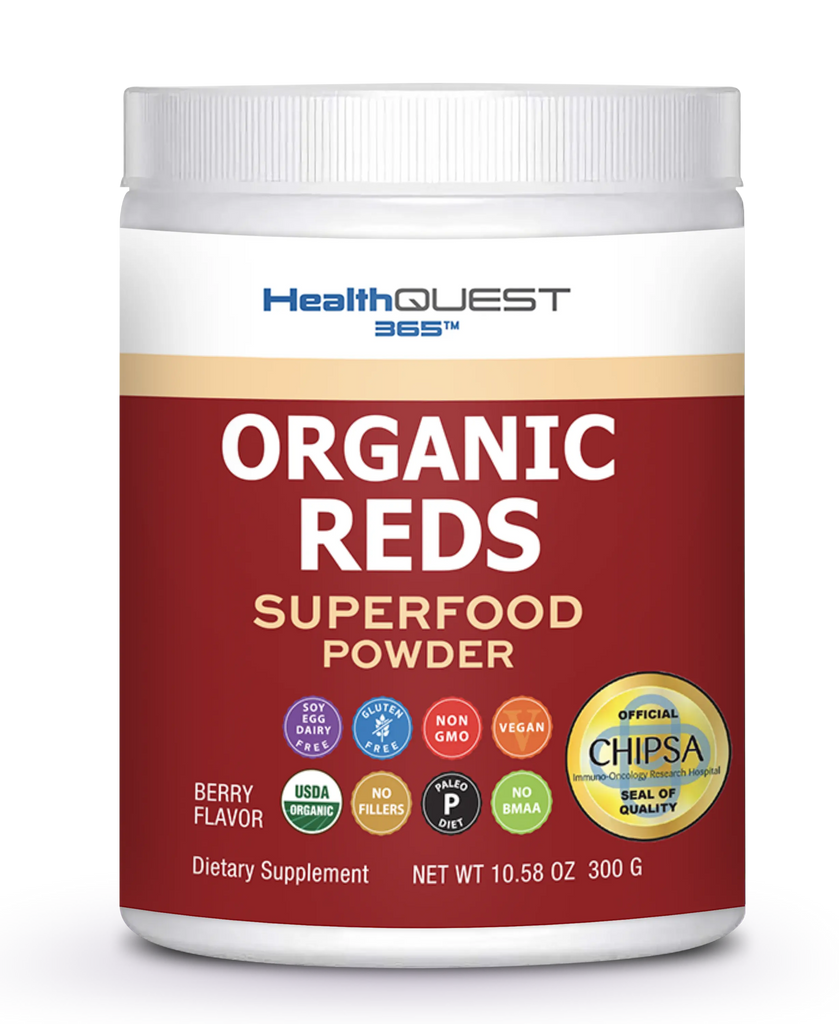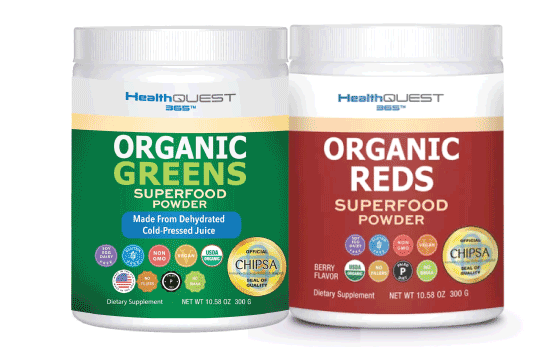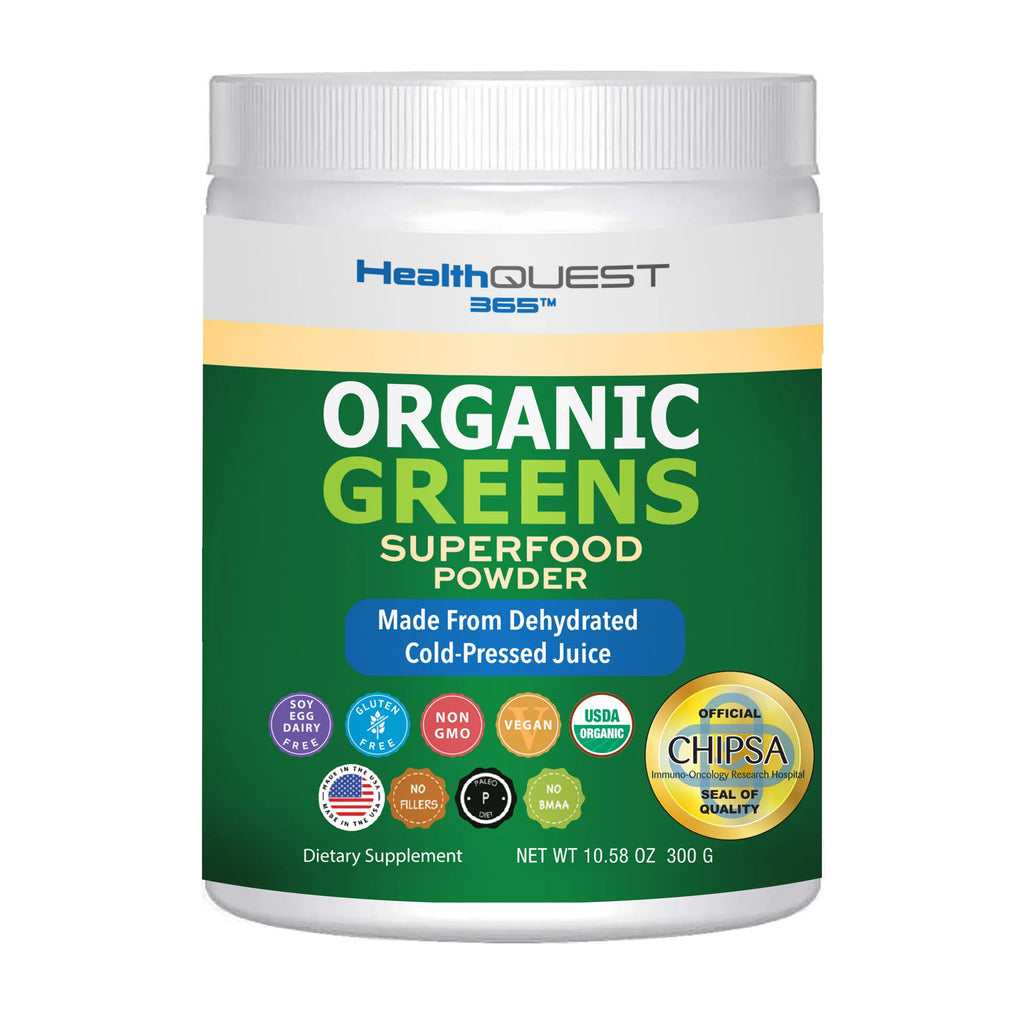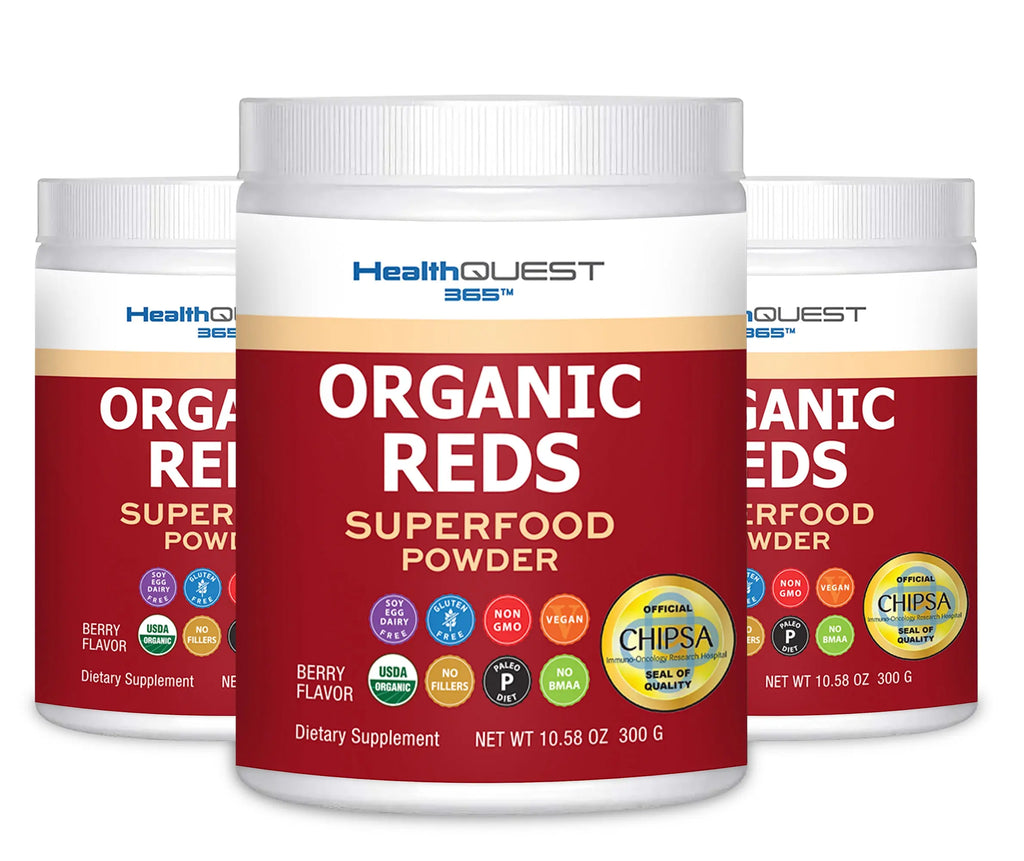It’s about health. It’s about healthy lifestyle. It’s about family™

Nourishing Your Heart: The Best Foods for Heart Valve Disease
Welcome to a journey towards a healthier heart ! In the intricate world of heart health, understanding and managing heart valve disease stands as a crucial aspect. It's not just about medication or medical procedures; the role of diet in nurturing our heart is immense and often underestimated.
This article is dedicated to unveiling the best foods that can significantly benefit those dealing with heart valve disease. Whether you're trying to prevent, manage, or simply curious about maintaining optimal heart health, you'll find valuable insights and practical advice here.
Let's embark on this path together, exploring how the right foods can be your heart's best friend and protector.

WHAT IS HEART VALVE DISEASE?
Heart valve disease is a condition where one or more of the valves in the heart don't function properly. Our heart has four valves – the aortic, mitral, pulmonary, and tricuspid valves – which ensure blood flows in the right direction. When these valves malfunction, it can lead to cardiovascular disease issues such as stenosis (narrowing of the valve), coronary heart disease, regurgitation (leakage of the valve), or atresia (a valve that doesn't properly form).
This can cause the heart to work harder to pump blood, leading to symptoms like shortness of breath, fatigue, swollen ankles or feet, dizziness, and chest pain.
Various factors, including age, congenital heart defects, and infections, can cause heart valve disease. Early detection and management are crucial to prevent severe complications.
NUTRITIONAL NEEDS FOR HEART VALVE HEALTH
Incorporating specific foods into your diet can significantly benefit heart valve health:
Fruits and Vegetables: Rich in vitamins, minerals, and antioxidants, they help reduce heart disease risk. Berries, leafy greens, and citrus fruits are particularly beneficial.
Whole Grains: Foods like oatmeal, brown rice, and whole wheat bread are excellent sources of fiber, which helps manage blood cholesterol levels.

Lean Proteins: Skinless poultry, fish, beans, and legumes provide essential proteins without harmful fats.
Nuts and Seeds: Almonds, walnuts, flaxseeds, and chia seeds are great sources of healthy fats and fiber.
Low-Fat Dairy: Products like yogurt and cheese provide calcium and protein without excess saturated fat.

FOODS TO AVOID FOR HEART VALVE HEALTH
Certain foods can exacerbate heart valve disease and should be limited:
High Sodium Foods: Salt can increase blood pressure, stressing the heart valves. Avoid processed foods, canned soups, and snacks high in sodium to control blood pressure.
Processed and Trans Fats: Found in fried foods, pastries, and processed snacks, these can increase bad cholesterol and the risk of developing heart disease.
Excessive Caffeine: High caffeine intake can lead to increased heart rate and blood pressure.
Alcohol: Excessive alcohol consumption can lead to weight gain, high blood pressure, and can disrupt normal heart function. It can also affect the heart and blood vessels.
By focusing on a diet rich in wholesome, nutrient-dense foods and limiting these harmful items, individuals can significantly improve their heart valve health.
LIFESTYLE AND DIET: A HOLISTIC APPROACH
Adopting a holistic approach to managing heart valve disease involves more than just dietary changes. It encompasses a comprehensive lifestyle overhaul that works in tandem with nutrition to promote optimal heart health.
Here’s how you can integrate lifestyle and diet for a synergistic effect on heart valve health:
REGULAR PHYSICAL ACTIVITY
Exercise is a cornerstone of heart health. Engaging in moderate aerobic activities like brisk walking, swimming, or cycling for at least 150 minutes per week can strengthen the heart muscle, improve blood flow, and regulate blood pressure and blood sugar.
However, individuals with valvular heart disease must consult with their doctor to determine the appropriate level and type of exercise.
STRESS MANAGEMENT
Chronic stress can negatively impact cardiovascular health. Techniques such as mindfulness meditation, yoga, deep breathing exercises, and spending time in nature can help mitigate stress. These practices not only improve mental well-being but also have a direct positive impact on heart health by reducing factors like blood pressure and heart rate.

ADEQUATE SLEEP
Good quality sleep is essential for heart health. Aim for 7-9 hours of sleep per night. Poor sleep patterns have been linked to higher risks of heart disease, as they can affect blood pressure, stress levels, and overall heart function.
NO SMOKING AND LIMITING ALCOHOL
Smoking is a major risk factor for heart disease, as it damages the lining of the arteries and reduces oxygen in the blood.
Similarly, excessive alcohol can impact heart rhythm and blood pressure. Quitting smoking and moderating alcohol consumption can significantly improve heart valve health.
MAINTAINING A HEALTHY WEIGHT
Being overweight can strain the heart and lead to conditions like high blood pressure and cholesterol levels, which can exacerbate heart valve issues. A balanced diet, combined with regular physical activity, can help in maintaining a healthy weight.

Give You ALL Our Best Workbooks
Get all the Best Workbooks + Action Guides from our expert
REGULAR HEALTH CHECK-UPS
Regular check-ups and monitoring of heart health can help in the early detection and management of any issues related to heart valve disease. This includes:
-
Regular blood pressure
-
Cholesterol level checks
-
Following up with a cardiologist for heart health assessments
.

COMMUNITY AND SOCIAL SUPPORT
Engaging in a community, whether it's a fitness group, a cooking class, or a support group for those with heart conditions, can provide motivation and support. Social connections can also reduce stress and improve mental health, which is beneficial for heart health.

FREE "Mystery Gift"?
Let me stay in touch with you via email and as a thank you - get this FREE gift.. Something others paid over $1,000 for.
(True story)

LIFESTYLE AND DIET
The combination of a healthy diet with an overall healthy lifestyle is essential in managing pericarditis:
REGULAR EXERCISE
Engaging in regular, moderate exercise can improve cardiovascular health. Activities like walking, swimming, or yoga can be beneficial. Always consult with a healthcare provider before starting any new exercise regimen, especially if you have heart conditions.

TO WRAP UP
Embarking on the path to a healthier heart is an empowering journey. Throughout this article, we've explored the vast array of foods that can fortify heart valve health and the ones to avoid to keep our heart valves functioning optimally. Remember, managing heart valve disease is a holistic process. It's not just about adding a few heart-healthy foods to your diet; it's about embracing a lifestyle that prioritizes your heart's well-being.
Regular exercise, stress management, and regular check-ups with healthcare professionals complement your dietary efforts. As you incorporate these heart-nourishing foods into your daily meals, you're taking significant steps towards a healthier, happier heart.
Here's to your heart health – may your heart continue to beat strong and steady, fueled by the best nature has to offer !
FREQUENTLY ASKED QUESTIONS
A simple step would be to evaluate your current lifestyle and health, identify areas of improvement, and gradually incorporate healthier habits.
Absolutely! Physical exercises such as jogging, brisk walking, or bodyweight exercises can be done without a gym.
A positive attitude is vital in healthy living as it reduces stress and encourages persistence in maintaining healthier habits.
A supportive environment can be built by including people who have similar health goals or by seeking the support of friends, family, or online health and wellness communities.
Regular check-ups help in detecting any potential health issues early and managing them effectively. They keep you updated about your overall health.

